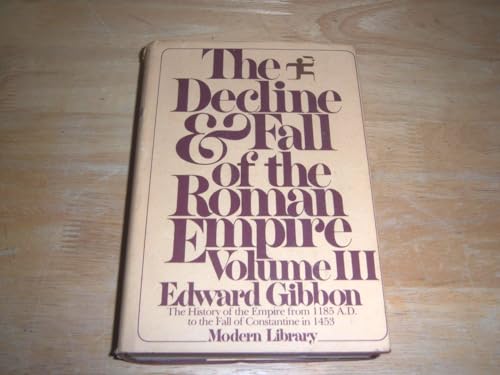

The instability fed on itself and was responsible for heavy expenditure of both life and treasure. The “ barbarian invasions” weighed heavily on the empire, as did usurpations and political destabilization. When the commander of the Danube army, Septimius Severus, was swept to power in 193, he effectively made Rome a military monarchy. The following century was plagued by strife and mismanagement. The concentration of an empire in the hands of an emperor like Commodus (180–192)-juvenile, incompetent, and decadent-was enough to steer it toward decline. But all the changes that occurred during this era, beneficial as they were, brought with them the attendant evils of excessive centralization. Their non-hereditary succession oversaw a golden age, which witnessed a considerable amount of expansion and consolidation. Together these are known as the Five Good Emperors. Among the beloved rulers of Rome that succeeded him were Trajan (reigned 98–117), Hadrian (117–138), Antoninus Pius (138–161), and Marcus Aurelius (161–180).

Britannica Classics Check out these retro videos from Encyclopedia Britannica’s archives.Britannica Explains In these videos, Britannica explains a variety of topics and answers frequently asked questions.


 0 kommentar(er)
0 kommentar(er)
